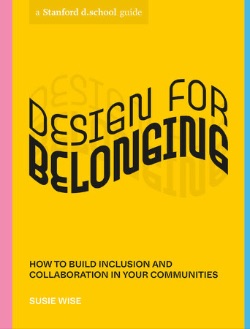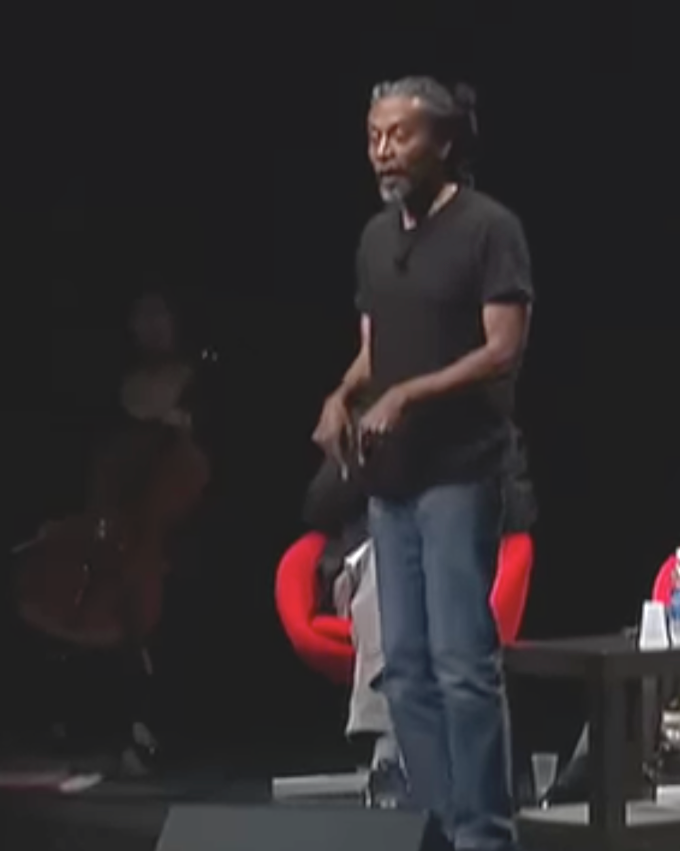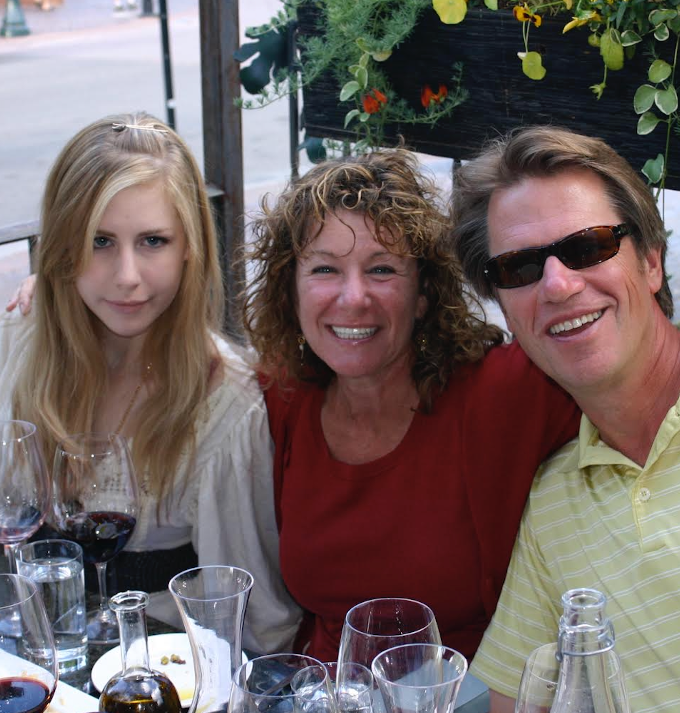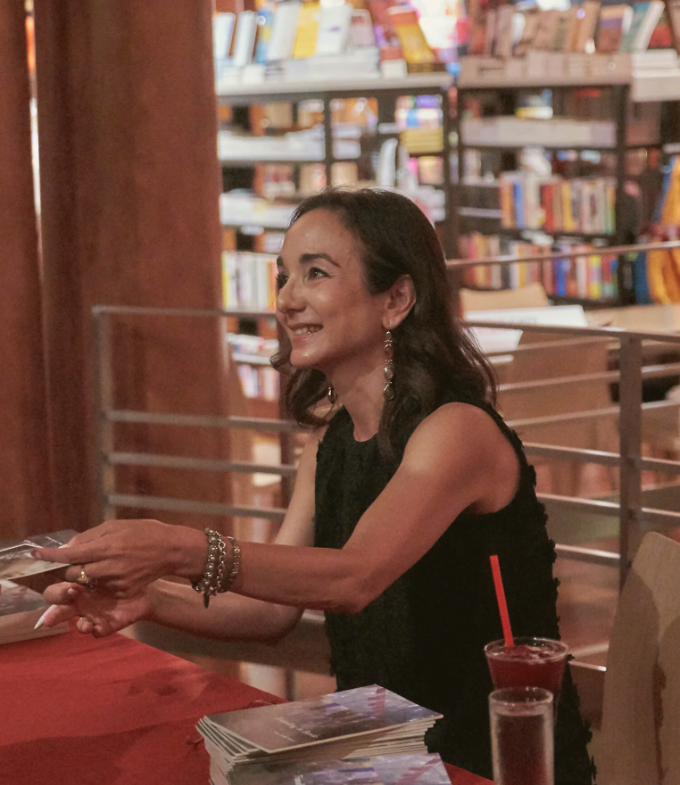April 18, 2025
Learning
'Dread is harmful. It fosters helplessness. It makes us fear the future and fear everything deeply new.'
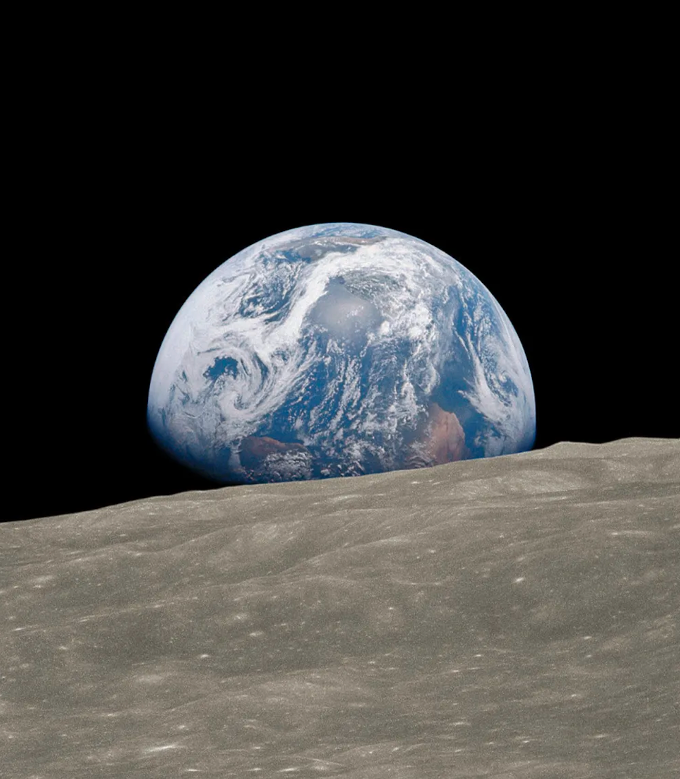
"Mostly, we still think of Earth in global terms—nations on continents—and the power relations between those various patches. But the planetary reality keeps leaking through, especially in light of climate change, which is not a global issue. It is a planetary one." - Image via NASA
"Mostly, we still think of Earth in global terms—nations on continents—and the power relations between those various patches. But the planetary reality keeps leaking through, especially in light of climate change, which is not a global issue. It is a planetary one." - Image via NASA
Stewart Brand is writing a new book called Maintenance: Of Everything. He’s sharing his progress on Books in Process. Last October he posted an illustrated short talk on the subject of civilization. He’s only given the talk twice, but he sees it as the “larval stage” of a future chapter.
In his characteristically optimistic, pragmatic, big-picture style, Brand makes two central points. First, we must shift from being a global civilization to becoming a planetary one—capable of managing climate and environmental challenges on Earth’s terms. While we still tend to think in terms of countries and borders, the climate crisis and other systemic problems are planetary in scale. They demand cooperation that goes beyond national boundaries.
Second, we need to change how we talk about civilization. Rather than fixating on the threat of collapse, we should focus on its continuation and evolution.
The constant fear that civilization is ending—whether due to nuclear war, climate change, or AI—can breed helplessness and panic. But history shows that even after catastrophic events like World War II, cities and societies rebuild. Civilization is a deeply resilient human practice. Its complexity isn’t a liability—it’s a strength. Diverse, capable societies adapt and thrive, even in times of crisis.
He says we need to stop framing every major challenge as an existential threat. That mindset distracts from the real work: guiding civilization forward. The task ahead is to build a planetary civilization that operates in harmony with Earth’s systems—a generational effort, but a possible one. Civilization’s future depends not on dodging collapse, but on assuming its survival and working toward its sustainability, resilience, and flourishing.
If all of this sounds overly optimistic, it’s worth remembering that one of Brand’s trademarks is taking the long view. In this talk, he expresses confidence that we will solve the climate problems caused by burning fossil fuels—just not quickly. “It will take a century or two,” he says. He’s fairly certain we’ll succeed, for two reasons: “One, because we can. Two, because the overwhelming cost of failing will become ever more apparent.”
PRESENTATION TRANSCRIPT: Unending World
